The proxy war in Ukraine is heading to a denouement with the US and Russia dividing the spoils while the European powers stand bewildered by events they have been wilfully blind to, says KEVIN OVENDEN
Latest false charge against Nicaragua – it’s ‘weaponising’ immigration to the United States
Washington’s wild claims about migration from and via Nicaragua are evidence-free and a convenient addition to US criticisms of the Sandinista government, argues JOHN PERRY
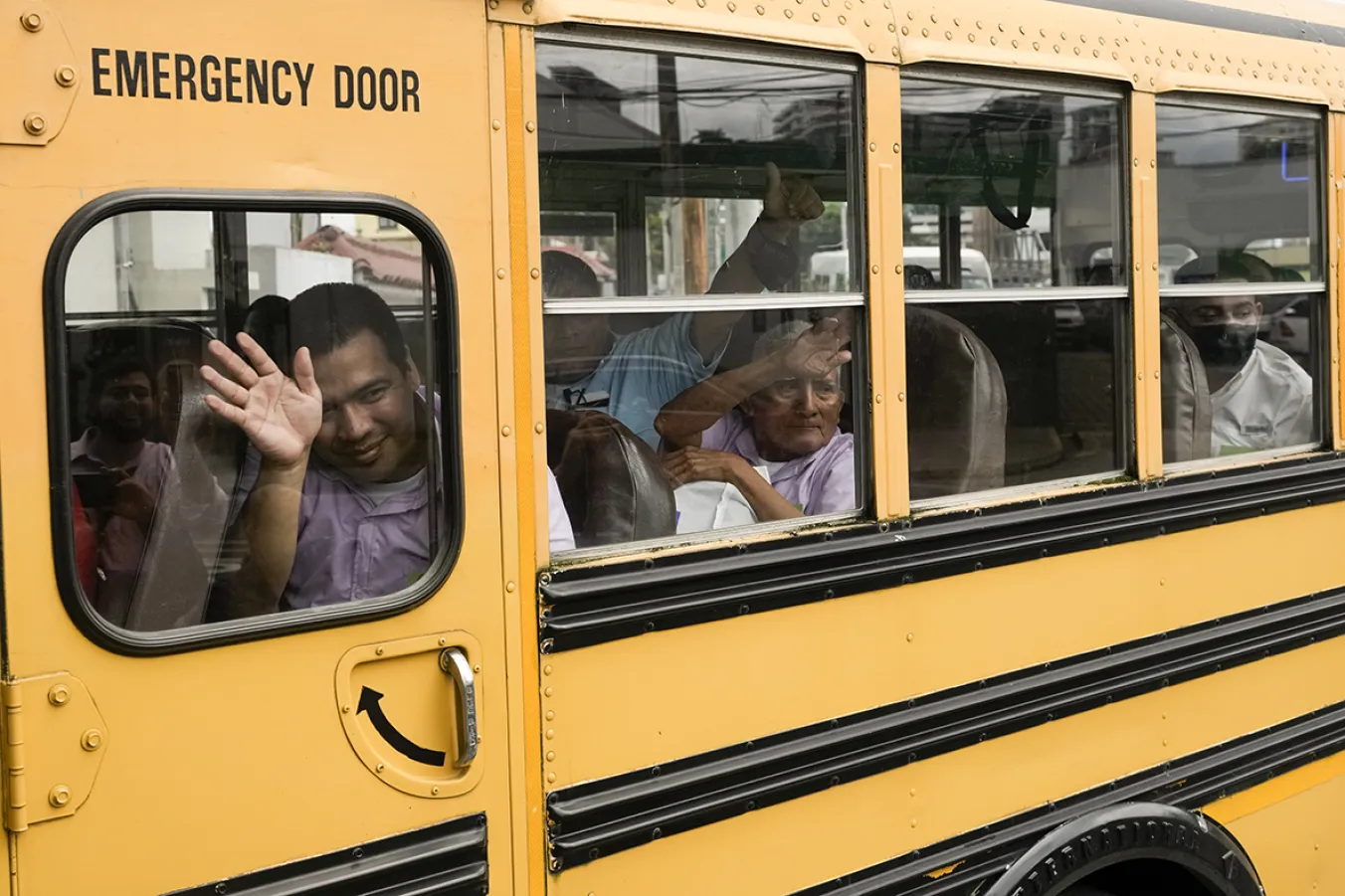
CLAIMS that Nicaragua is “weaponising” immigration by allowing free passage of migrants towards the US border have been appearing regularly in the media.
The BBC (in Spanish, in July) is the latest, but similar reports have appeared in the Associated Press, in Spain’s El Pais and in the Miami Herald, to name just a few.
In May, the Biden administration accused the Nicaraguan government of “repressing people and preying on migrants,” imposing new sanctions on those it believed responsible.
More from this author
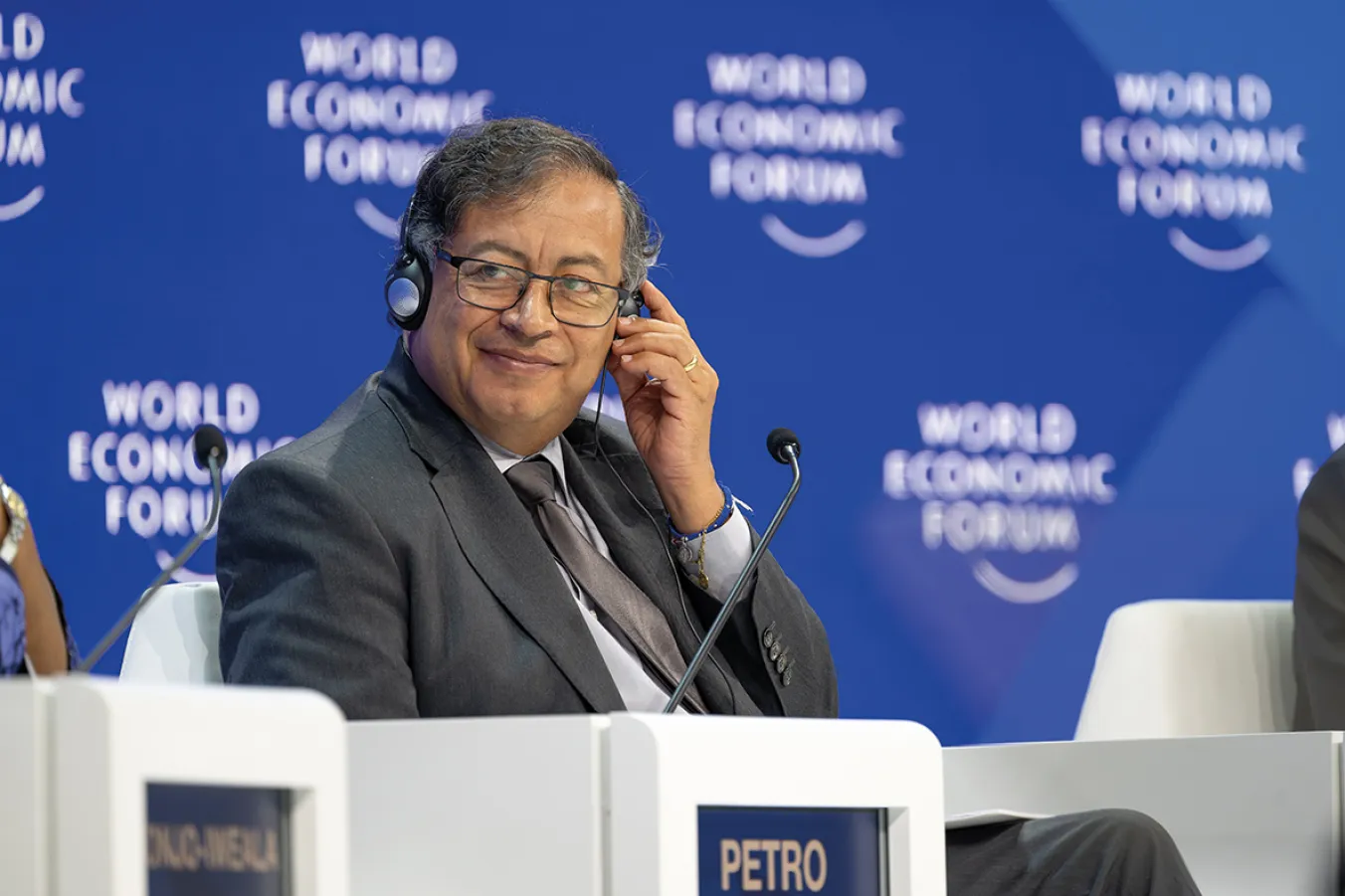
Progressive Latin American governments face heightened pressure and threats after taking strong stances on Gaza, writes JOHN PERRY, the latest wave of nefarious Israeli interference in the continent

British-Palestinian war surgeon, Dr Ghassan Abu-Sittah, was barred from attending a Berlin conference and deported after Germany recoiled in shock at Nicaragua’s genocide accusations at the ICJ, reports JOHN PERRY
Similar stories
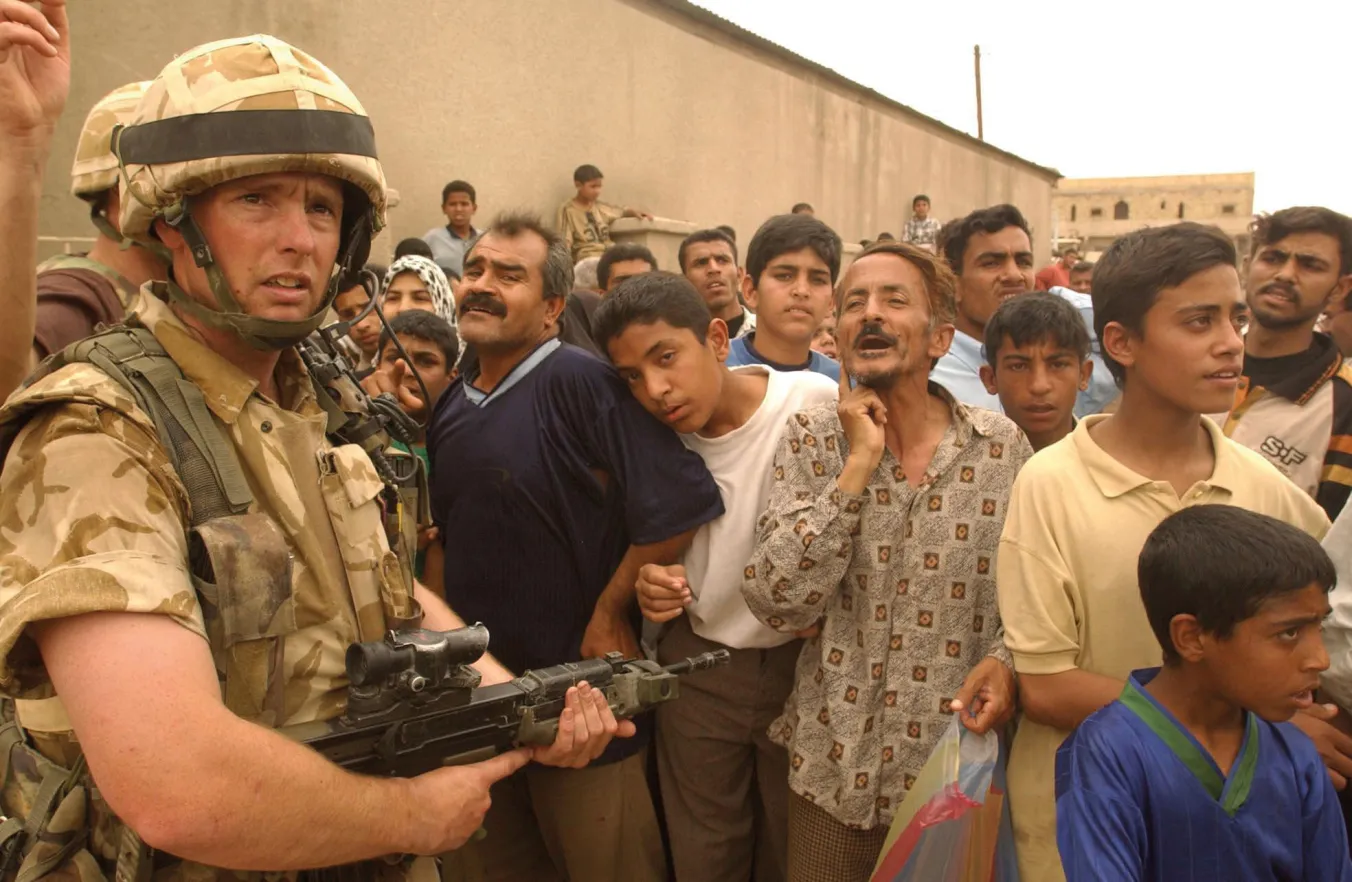
Genocide, racism and imperialism are in the Labour Party’s DNA, argues TOM SYKES

Progressive Latin American governments face heightened pressure and threats after taking strong stances on Gaza, writes JOHN PERRY, the latest wave of nefarious Israeli interference in the continent
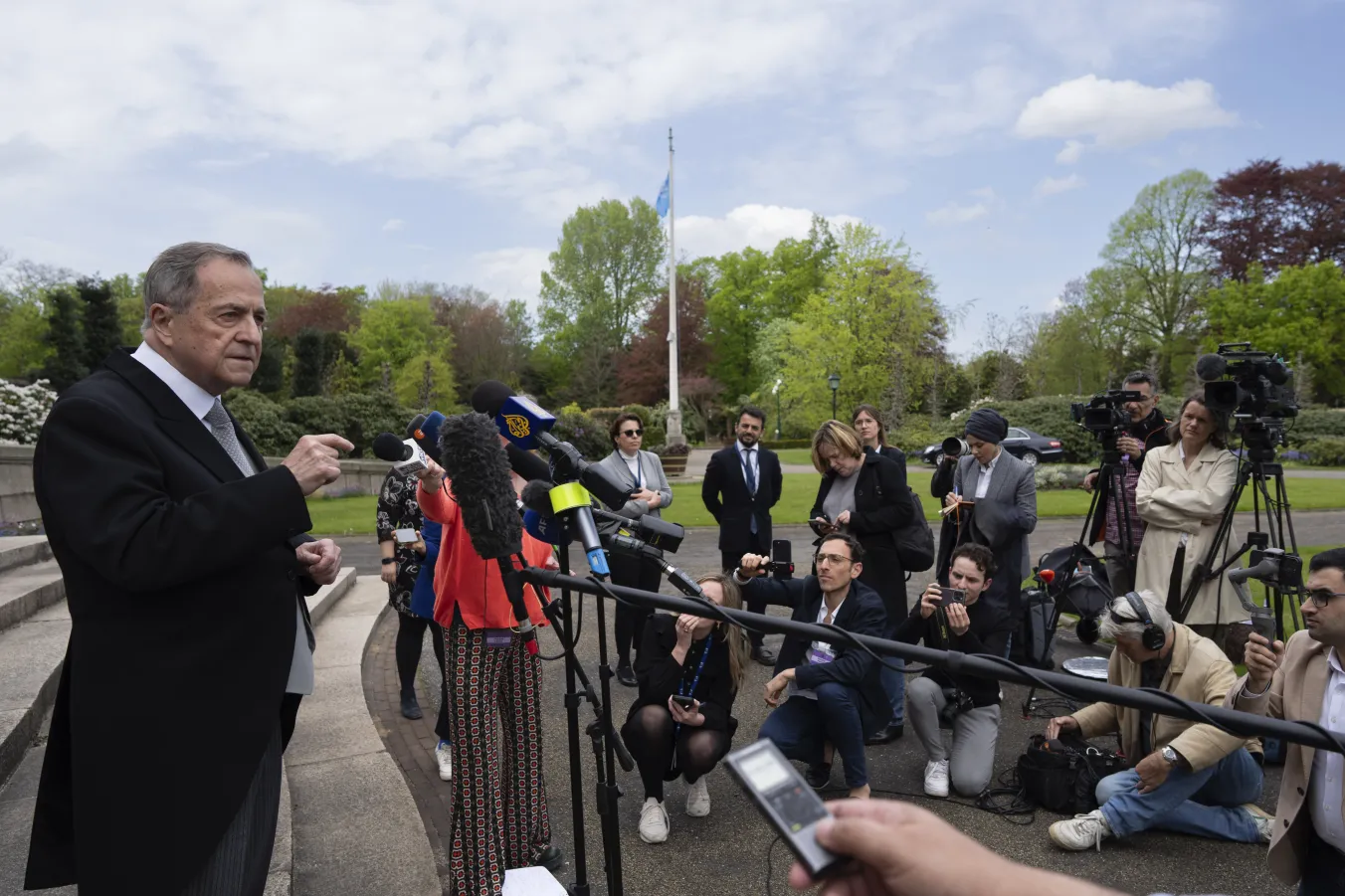
As independent media exposes Establishment media lies about Israel’s genocide in Gaza, claims of anti-semitism are being exposed as a tactic to silence critics, argues JULIAN VIGO
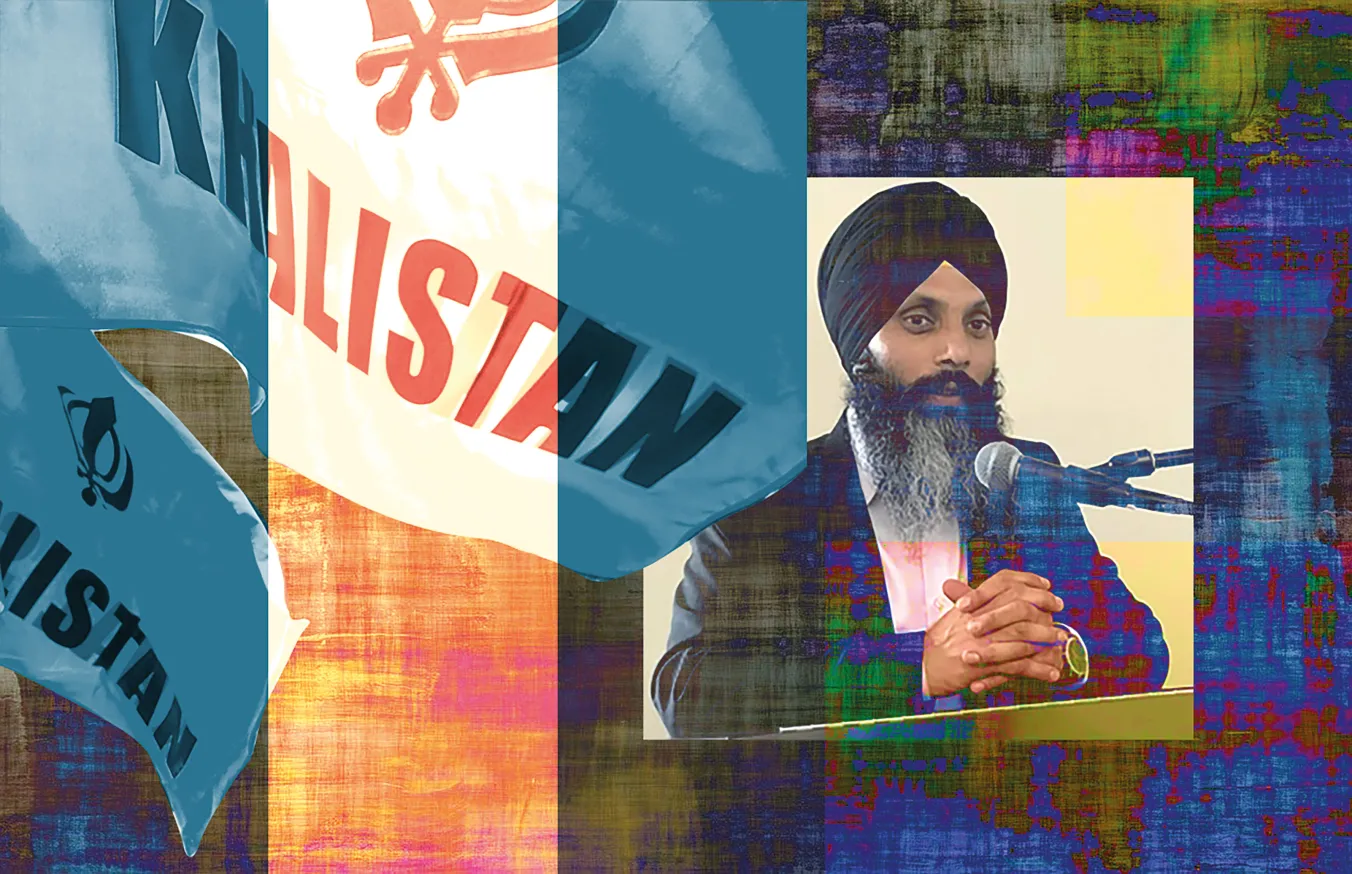
The Britain-India trade deal must stop until the truth is known about the anti-Sikh murder campaign, argues CLAUDIA WEBBE MP









